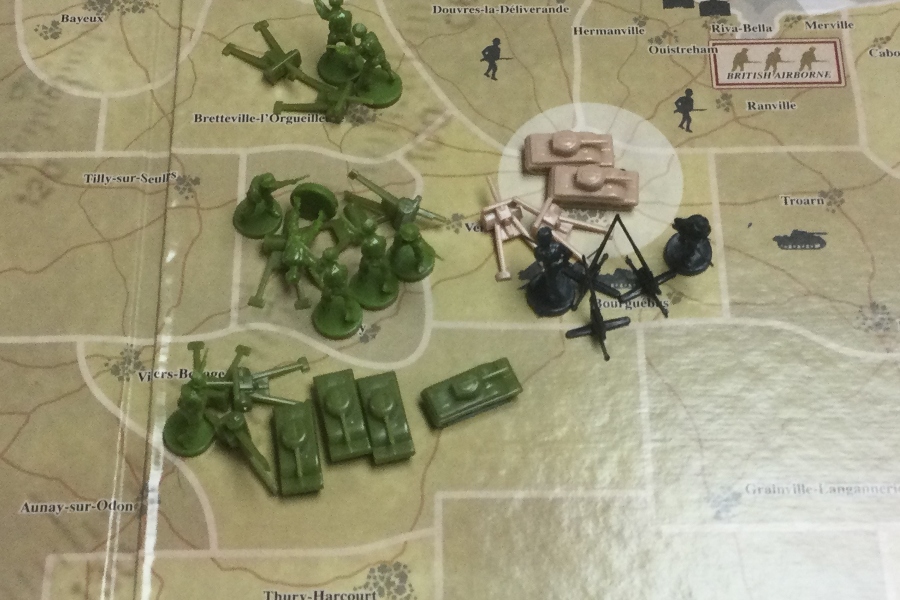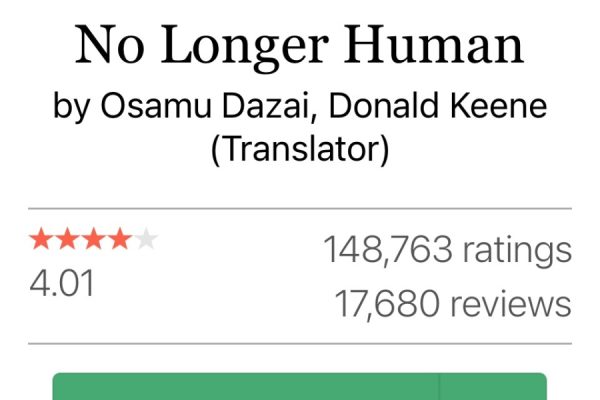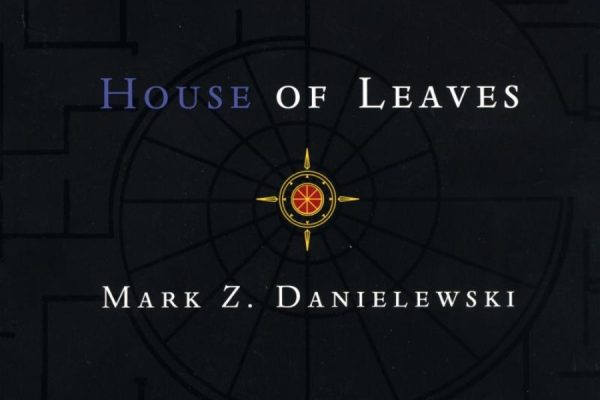Axis and Allies: D-Day
Axis and Allies is a classic board game for the strategically minded.
Axis and Allies: D-Day is a very interesting game. This strategy game is one of many under the Axis and Allies brand name. Others include Axis and Allies, Axis and Allies: Zombies, and Axis and Allies: Battle of the Bulge. In similar fashion to the other games of the franchise Axis and Allies: D-Day is somewhat complex, not Dungeon and Dragons complex, but complex. It is this factor that makes the game so intriguing and, indeed, fun to play.
Axis and Allies: D-Day is a short game, in reference to the number of turns. There are only ten turns in the game. This being said each turn takes a little time because there are a dozen or more steps within each turn. These include moving and fighting with planes, only the allies, and naval bombardments. These actions give the game complexity beyond that of simple movement and combat. A little complexity makes a game a lot more fun, at least in my opinion. It allows for more planning and gives more factors that must be considered. This makes the game much more intellectually challenging.
The order of sequence is determined by cards that are put in a specific order prior to the game. This is very helpful in remembering the order of play. There are also specific cards that can get used up and are not reused in the next turn within this deck. These cards might seem a little unnecessary, but I think they make an excellent addition to the game.
There is a set of very important cards within this deck. Before each action the player rolls a die. If a six comes up something bad happens to the player. If one is rolled that player gets benefits. This might seem like most times nothing happens, because most times nothing does. This being said when the correct number is rolled it can significantly change the course of the game. For example my opponent got the ability to move his soldiers at double speed several times, while my reinforcements were continually slowed down by my rolls. These things made a rather large difference in the game. On a side note the Allied Air Force routinely destroyed many of my reinforcements. They killed three of my tanks in a single strafing run! Luck is very important in this game, but good strategy can counteract a little bad luck. It is said the mark of a true general is to be victorious in the face of adversity, well there are things that can not be controlled and one must plan around them. This is something that Axis and Allies: D-Day simulates very well.
The combat system in Axis and Allies: D-Day is the same as in the other games in the series. Each unit gets a combat strength and hit when the number on the die is lower than that strength. Each unit has different strengths for offence and defense. This is used to simulate the uncertainty of actual combat. It also means you have got to be lucky. In my play though neither side got particularly lucky. Both sides took about, I’d say, 97 percent casualties. It was not a victory in any sense for either side, but I did technically win. Some say that pure strategy is the best way to go, meaning games like chess, but I always thought that this was unrealistic. In real life luck is very important. You can not control how well soldiers fight. This is shown in several battles, like Rorke’s Drift where 130 British soldiers held off against 4000 Zulu warriors. Sometimes a few soldiers can pull off something extraordinary. This is what the purpose of rolling the die to determine combat is.
The fact that there are only ten turns is a very smart idea. This fact significantly helps the Germans. This has to do with the victory conditions. These being that the Allied forces must control St. Lo, Caen, and Cherbourg for one turn by the end of the game. This means the Axis player merely has to defend for this period, although believe you me this is by no means an assured win. The allies get more forces and air power to counteract the advantage of the Germans. In these regards the game is fairly even, in terms of giving both sides a chance to win. Both sides have advantages and disadvantages and that is what makes the game so much fun. There is no clear winner when starting the game.
As far as strategy games go, Axis and Allies: D-Day is truly a great game. It contains many superb aspects that are not included in other strategy games. It has a decent amount of complexity, but it really is not too much. This all being said if you do not like strategy games then you will not like this game, but if you do I would definitely recommend you purchase and play this game.















